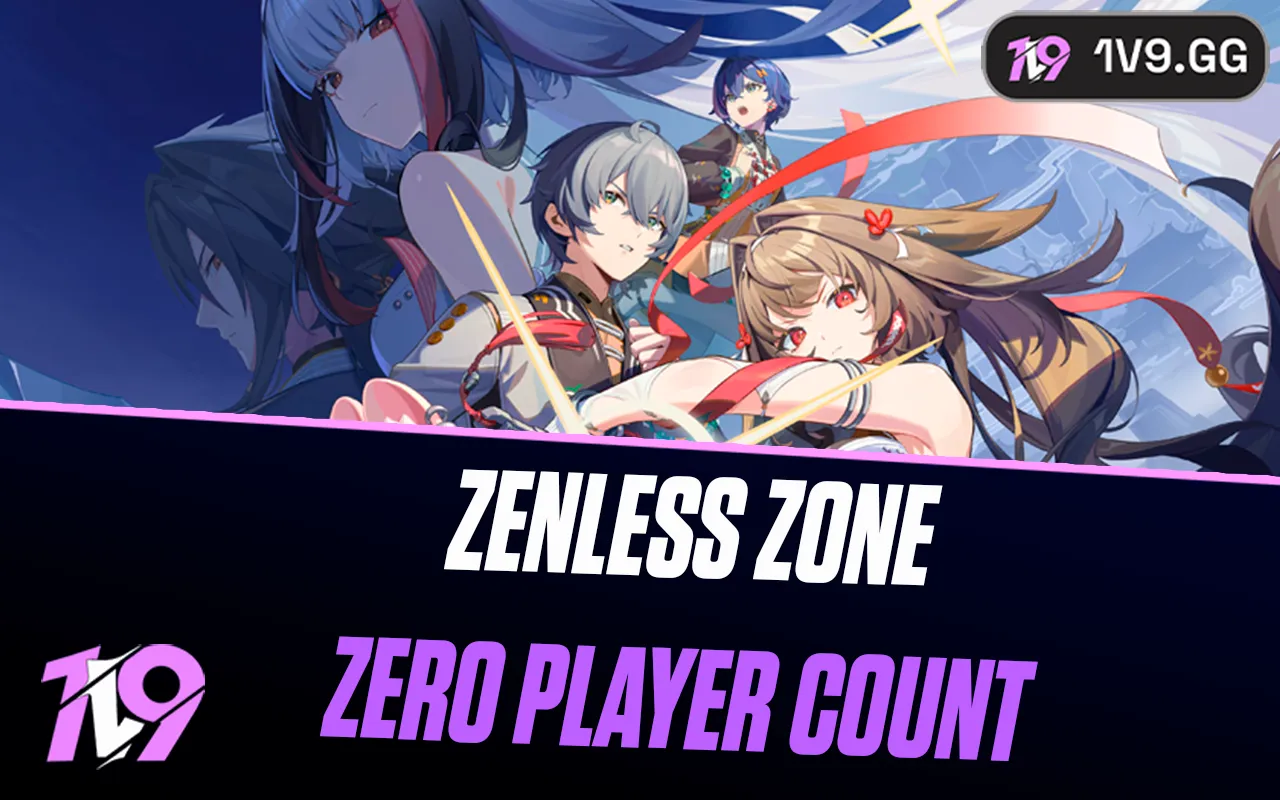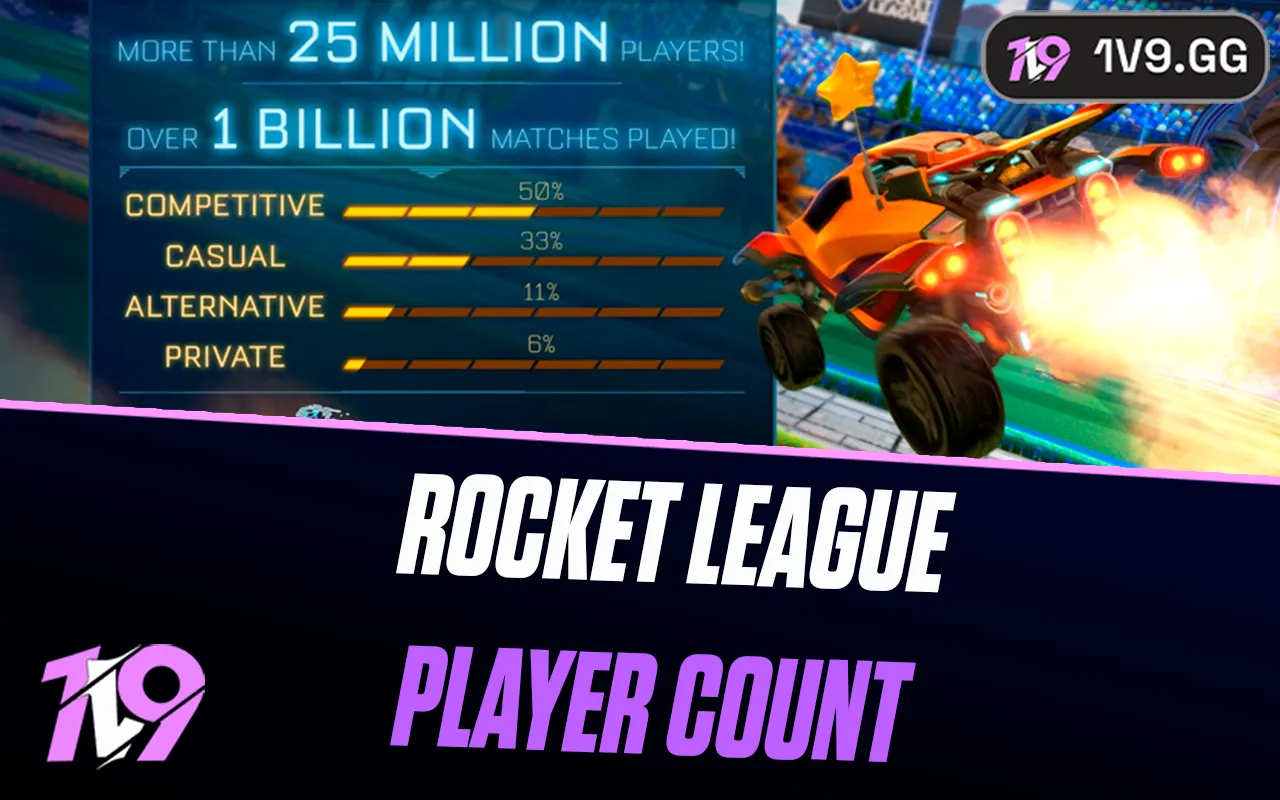
Apex Legends Ranking System Explained
Apex Legends isn’t just an exhilarating Battle Royale game; it’s also a platform for players to demonstrate their competitive prowess. The ranking system in Apex Legends is crucial as it not only determines the caliber of opponents you face but also showcases your skill level within the game. Achieving a higher rank can also be your ticket to participating in Apex Legends tournaments, making it all the more important to understand and excel in this system.
The ranking system in Apex Legends, while integral to the game, can be somewhat complex. In this guide, we’ll demystify the ranking tiers, explain their significance, and provide strategic insights on how to climb the Apex Legends ranks effectively. Whether you’re aiming to improve your gameplay or just curious about how the system works, this breakdown has everything you need to navigate the competitive landscape of Apex Legends.
Apex Legends Ranking System

The Apex Legends ranking system was introduced during the game's second season, adding a competitive edge to this popular Battle Royale title. Apex Legends on mobile embraced the ranking system from the outset, whereas the console and PC versions ramped up to full competitive play after the initial season
Ranking has become an integral part of Apex Legends, offering players a way to gauge their skills against the global player base. However, it's important to note that the ranks apply only to Ranked play, not to the regular public matches (pubs).
In Ranked mode, players are matched with others who are similar in rank, creating a more balanced and competitive environment. The system is structured into seven tiers, each divided into several divisions, based on the amount of Ranked Points (RP) a player has accumulated. Here’s a breakdown of the ranks and the RP required to reach each level:
- Bronze: 0 RP+
- Silver: 1,200 RP+
- Gold: 2,800 RP
- Platinum: 4,800 RP
- Diamond: 7,200 RP
- Master: 10,000 RP
- Apex Predator: Top 750 players with 10,000 RP+
Reaching Apex Predator is considered the pinnacle of achievement in Apex Legends. This rank is reserved for the top 750 players on each platform, highlighting it as a true testament to skill and dedication in the game. Whether on PC, console, or mobile, Apex Predator players represent the elite in Apex Legends.
How Does the Apex Rank System Effect Matchmaking?
The Apex Legends ranking system plays a crucial role in how matchmaking is determined. It ensures that you are placed in lobbies with players whose ranks are close to yours, creating a competitive yet fair environment. While players in your lobby typically share a similar rank, the system allows for slight variations, so you might encounter players from adjacent ranks.
When it comes to team formation, the rules are a bit more stringent. You can team up with friends from different ranks, but only if they are within two tiers of your own rank. For example, a Platinum player cannot join a game in the Bronze rank with their team, maintaining the integrity and fairness of competitive play. This limitation is crucial for keeping matches balanced and is an important aspect to consider when forming squads.
RP in Apex Legends Ranking System
In the Apex Legends ranking system, Ranked Points (RP) are the key metric that determines your progression through the competitive ranks. Your performance in matches directly influences the amount of RP you earn. Excelling in games means you'll accumulate more RP, which can propel you to higher tiers. Conversely, underperforming can lead to a decrease in RP, potentially causing you to drop to lower tiers. Thus, your ability to advance or maintain your rank in Apex Legends hinges significantly on how consistently you can perform well in your matches.
How to Get RP
In Apex Legends, earning Ranked Points (RP) is essential for climbing the competitive ladder, and it involves more than just securing victories. RP is awarded based on your performance in various aspects of the game, including your final placement and your combat effectiveness.
You start earning placement points once you rank among the top 13 teams, with the points increasing as you get closer to being the last team standing. Winning a match earns you the maximum placement points of 100. Additionally, you can earn points through kills and assists, but there's a limit: the RP you can gain from kills and assists caps at six combined. This means that even if you're a highly aggressive player, you'll need a strong placement to maximize your RP gain.
Achieving the optimal outcome of winning a match while also securing six takedowns will award you 250 RP, which is the maximum you can earn in a single game. However, consistently reaching this cap is challenging, and thus climbing the ranks can be a gradual process, requiring both strategic gameplay and consistency.
RP Entry Fees
In the Apex Legends ranking system, climbing the ranks involves not only earning RP but also managing entry costs associated with each match, particularly in the higher tiers. These entry fees mean that a poor performance can result in a net loss of RP, making each game a significant risk-reward scenario. Here’s how the RP entry fees break down by tier:
- Bronze: 0 RP
- Silver: 12 RP
- Gold: 24 RP
- Platinum: 36 RP
- Diamond: 48 RP
- Master and Apex Predator: 60 RP
In addition to these fees, penalties for early exits further complicate RP management. If you quit a game while there’s still a possibility of being revived, you'll incur a penalty, which escalates with repeated offenses. Such penalties can severely hinder your progress if you frequently exit games prematurely.
Navigating the Apex ranks might seem straightforward initially, but challenges like managing RP losses and coordinating with friends who might be in different tiers can pose significant hurdles. Reaching the upper echelons of the ranking system, such as the top 750, is a notable achievement, even for the most skilled players. However, with consistent performance and strategic play, advancing through the ranks is achievable, allowing you to showcase a high score and your prowess in Apex Legends.
How to Rank Up Fast in Apex Legends

To excel in a team-based game like Apex Legends, making the right choices is crucial. Here are some strategies to help you climb the ranks quickly in Apex Legends. While optimal game settings are important, these tactics are essential for outmaneuvering opponents and securing victories.
#1 – Communicate Effectively
In Apex Legends, communication is key to survival and success. You can't win a match single-handedly, especially against a well-coordinated team. Use the ping system effectively to share information about enemy locations, loot, and tactical positions, even if you've been taken down early in the match.
#2 – Adapt Your Defense
While securing a position is important, being unpredictable in your defensive tactics can give you an edge. Instead of always fortifying your position in the obvious places, try setting up defenses in less expected locations to surprise enemies and create effective ambushes.
#3 – Master the Maps
Knowledge of the map layouts in Apex Legends is a significant advantage. Familiarize yourself with the intricacies of each map, including high-loot zones, choke points, and escape routes. Understanding where you are most vulnerable and where you have the tactical high ground can turn the tide of battle.
#4 – Utilize Abilities and Equipment
Every legend in Apex Legends comes with a unique set of abilities that, when used wisely, can drastically enhance your team's effectiveness. Coordinate with your teammates to combine abilities for maximum impact, and don’t forget to make full use of the loot you gather, from ordnance to utility items like shield cells and syringes.
#5 – Stay Resilient
It’s natural to have off games in Apex Legends, but it’s crucial not to let them impact your morale or gameplay. If you find yourself on a losing streak, take a short break to clear your mind, or try changing tactics or roles within your team. Maintaining a positive outlook and resilience is key to your long-term success in the ranks.
By implementing these strategies, you can improve your gameplay and rank up faster in Apex Legends, making each match an opportunity to learn and grow as a player.
Apex Legends Ranks FAQs
How can I play ranked games in Apex?
To play ranked games in Apex Legends, you must first reach Level 10 with your account, which provides essential gameplay experience and prepares you for competitive matches.
What’s the fastest way to level up your rank on Apex Legends?
To level up your rank quickly in Apex Legends, focus on consistent high performance in matches, aiming for top placements and accumulating kills, as both significantly boost your Ranked Points (RP). Prioritize playing with a coordinated team to increase your chances of survival and success in engagements, leveraging strategic play and effective communication to consistently place well and earn more RP per match.
Conclusion
Understanding the Apex Legends ranked system is key to mastering the competitive aspects of the game. From starting your ranked journey by reaching Level 10, to progressing through the ranks by earning RP, each element of the system is designed to challenge and reward players based on their skill and strategic gameplay. By engaging with the ranked mode, players have the opportunity to not only test their abilities against equally skilled opponents but also to improve and climb the competitive ladder. Whether you're aiming for the thrill of reaching Apex Predator or simply looking to enhance your play, the ranked system in Apex Legends offers a structured and rewarding path to becoming a formidable contender in the arena.
Posted On: August 3rd, 2024
Recent Articles
💬 Need help?
Our 1v9 support team is available 24/7 to help you with any questions or issues you may have.
support@1v9.gg
Loading...
1v9.gg is not endorsed or affiliated by any game developers or publishers.
2025 1v9, All Rights Reserved, Created By NightDev







